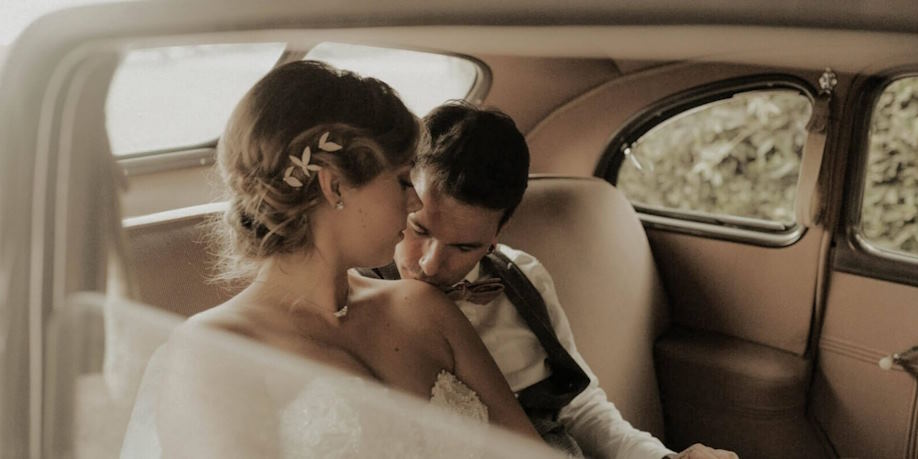Eastern weddings are steeped in rich traditions beyond exchanging vows and rings. These ceremonies are a tapestry of cultural significance, with each element carrying deep meaning and symbolism. Among the myriad traditions, two stand out prominently—Tea Ceremonies and the symbolic use of red. Let’s delve into the beauty and significance of these time-honored practices.
Tea Ceremonies: A Pinnacle of Respect and Unity
Symbolism of Tea
In Eastern cultures, the Tea Ceremony is not just a ritual; it’s a profound expression of respect, gratitude, and unity. Serving tea to elders is a gesture of humility and acknowledges the wisdom and guidance they bring to the union. The tea exchange between the bride and groom symbolizes the mutual respect and support that will define their marital journey.
Unity of Families
Tea ceremonies allow families to come together, bridging generational and familial gaps. The act of offering and receiving tea is a tangible representation of the union of two families, emphasizing the interconnectedness that marriage brings. It’s a moment of shared joy where the couple receives blessings and well-wishes from their elders.
Cultural Variations
While the essence of the Tea Ceremony remains constant, specific customs and nuances vary across different Eastern cultures. In Chinese weddings, for instance, the tea is often sweetened with dates or lotus seeds, symbolizing a sweet and harmonious marriage.

Red as Symbolism: A Kaleidoscope of Luck, Joy, and Prosperity
The Vibrant Hue
In Eastern weddings, red is not merely a choice but a profound symbol of good fortune, joy, and prosperity. This vibrant hue takes center stage, adorning everything from traditional attire to decorations and even the envelopes containing monetary gifts.
Auspicious Beginnings
Red is believed to ward off evil spirits and bring good luck. The bride often dons a red wedding gown or a sari, symbolizing the auspicious beginning of her new life. The groom may also incorporate red into his attire, further emphasizing the cultural significance of this vibrant color.
Celebrating Prosperity
Beyond its symbolism of luck and joy, red is associated with prosperity in Eastern cultures. Red decorations, floral arrangements, and even red lanterns are common wedding sights, creating a visually striking and culturally significant ambiance.
Bridging Tradition and Modernity
As modern weddings evolve, Eastern traditions like Tea
Ceremonies and the use of red continue to hold a special place. Couples often
find innovative ways to incorporate these customs into their celebrations,
blending the richness of tradition with the excitement of modernity.
